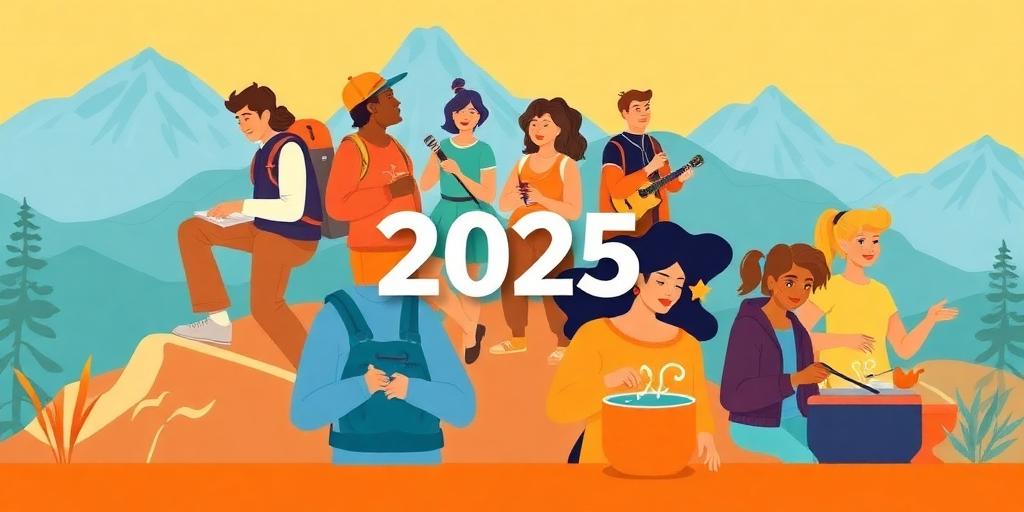The Growing Importance of Experiences Over Possessions (2025)
In 2025, a noticeable shift continues to occur in consumer behavior: the increasing valuation of experiences over material possessions. This trend, which has been gaining momentum for several years, reflects evolving societal values and priorities.
Factors Driving the Shift
Several factors contribute to this change:
- Millennial and Gen Z Values: Younger generations prioritize personal growth, learning, and creating memories. They seek authenticity and meaning in their lives, which experiences often provide more readily than possessions.
- Social Media Influence: Platforms like Instagram and TikTok amplify the appeal of experiences, as individuals share their adventures and create aspirational content. This fuels a desire for unique and shareable experiences.
- Economic Considerations: The rise of the experience economy aligns with economic realities for many. Renting, sharing, and subscribing offer access to resources and opportunities without the burden of ownership.
- Sustainability Concerns: Environmental awareness has increased, leading consumers to question the impact of mass consumption and seek more sustainable options, such as travel and educational programs.
Types of Experiences in Demand
The types of experiences that are gaining popularity are diverse:
- Travel and Adventure: From international travel to local excursions, people are investing in exploring new places and cultures.
- Education and Skill Development: Workshops, online courses, and immersive learning programs are attracting those who seek personal and professional growth.
- Arts and Entertainment: Concerts, theater performances, and interactive art installations provide opportunities for cultural enrichment and entertainment.
- Wellness and Self-Care: Retreats, spa treatments, and fitness programs are becoming essential for individuals focused on mental and physical well-being.
Economic Impact
The experience economy has significant economic implications:
- Growth of the Service Sector: Businesses that provide experiences, such as travel agencies, event organizers, and educational institutions, are experiencing growth.
- Innovation in Marketing: Marketing strategies are evolving to focus on storytelling and creating emotional connections with consumers.
- New Business Models: Subscription services, personalized experiences, and experiential retail are emerging as innovative business models.
Conclusion
As we move further into 2025, the trend of valuing experiences over possessions is expected to continue. This shift presents opportunities for businesses to innovate and cater to the evolving needs and desires of consumers. By understanding the factors driving this change and the types of experiences that are in demand, businesses can position themselves for success in the experience economy.
This transformation reflects a broader societal movement toward prioritizing personal growth, sustainability, and meaningful connections, signaling a fundamental change in how individuals define value and fulfillment.
